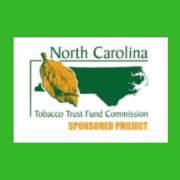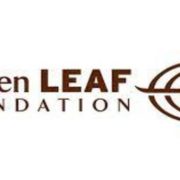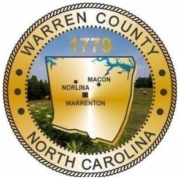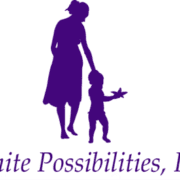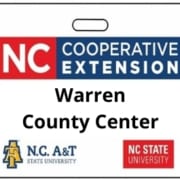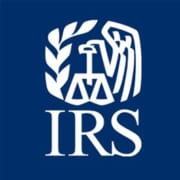Tobacco Trust Fund Grant Cycle Open To Receive Proposals Through Mar. 3
The Tobacco Trust Fund Commission’s grant cycle is open and is now accepting grant applications through Mar. 3, 2023. Access the application, guidelines and other information about the funding opportunity by clicking here.
Federal, state and local governments can apply for grant funding, as well as economic development groups, educational institutions and nonprofits
Individuals can also apply, but the commission’s executive director, William Upchurch, Jr. said trust fund officials encourage individuals to work with a cost-share partner: NC AgVentures at N.C. State University, AgPrime at the University of Mount Olive, and WNC AgOptions at WNC Communities. Upchurch said that the Tobacco Trust Fund is open to talking with folks who have questions about the grant cycle and its cost-share partners.
The Tobacco Trust Fund grant cycle focuses on the priorities of community economic development, skill and resource development, increasing farm profitability, diversification of crops and development of natural resources. They look for projects that support the following outcomes: farmers assisted, jobs created and retained, acreage impacted, new crops planted, funding leverage and new education opportunities.
The trust fund commission was created in 2000 to assist current and former tobacco farmers, former quota holders, persons engaged in tobacco-related businesses, individuals displaced from tobacco-related employment, and tobacco product component businesses in North Carolina that have been affected by the adverse effects of the Master Settlement Agreement.

